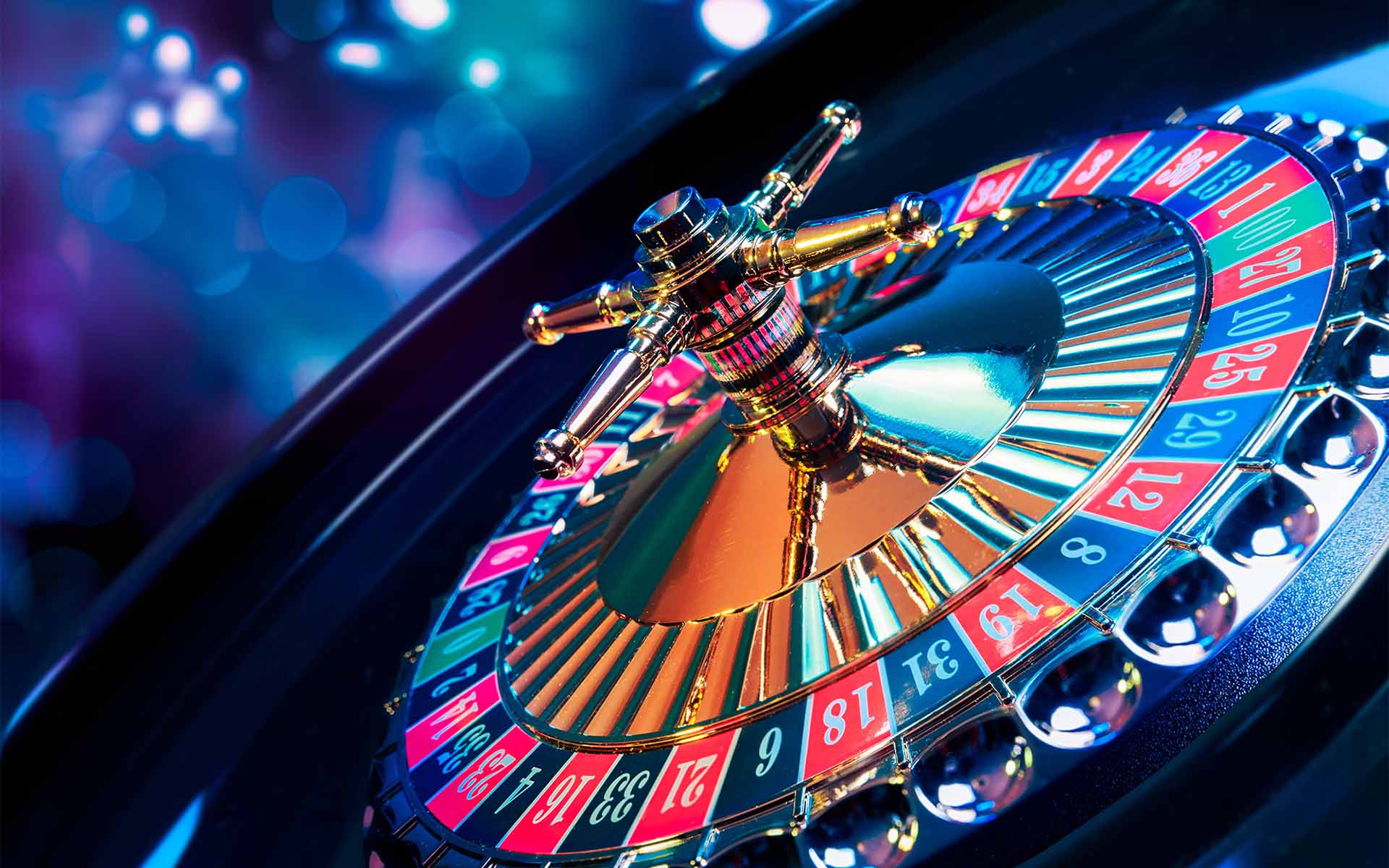A Link Among Casino Activities with Mathematical Concepts

Casino activities have fascinated enthusiasts for ages, drawing them into a world of adventure, fortune, and prosperity. From the sparkling lights of video slots to the strategic action of card tables, these experiences offer a distinct combination of fun and risk. However, beneath the surface of this sparkle and style lies a sophisticated relationship of mathematics that influences every outcome and decision made within the gambling establishment.
Understanding this link between casino games and mathematics merely boosts the playing experience but can also help participants make knowledgeable choices. Whether you are a casual gambler or a passionate enthusiast, recognizing the numerical strategies at play can give important insights into chances, probabilities, and approaches, ultimately influencing how one tackles these games of luck.
Arithmetic Likelihood in Gambling
In the sphere of casino activities, statistical probability plays a critical role in assessing outcomes and guiding gambler choices. Every activity has a unique set of rules and a specific probability framework that influences its dynamics. For instance, in activities like the roulette wheel, players must grasp the odds of hitting a specific digit or shade. The likelihood of specific occurrences happening can be computed, and this understanding can greatly influence betting tactics.
Players also need to be aware of the house edge, which is the mathematical advantage that casinos hold over gamblers in the long run. This advantage differs across various games. In 21, skilled players can use strategies to reduce the house edge to as little as one %, while in games like slot machines, the casino edge can be significantly greater. Understanding the casino edge allows players to make educated choices about which activities to participate in and how much to wager.
Moreover, probability is fundamental in the concept of risk versus reward in betting. Every bet carries a certain risk level, and players must consider the possible return against that risk. Activities like poker require players to not only calculate the odds of their personal showing winning but also to evaluate the probabilities of their rivals' hands. By utilizing statistical concepts to their strategy, players can improve their chances of success and participate more effectively in the exciting realm of gambling activities.
Anticipated Value in Gambling Activities
When discussing casino games, one of the fundamental concepts rooted in mathematics is the anticipated worth. This statistical measure assists gamblers grasp the possible results of their wagers over time. In basic terms, anticipated value (EV) calculates the average amount a player can anticipate to gain or lose per wager if they were to play the activity repeatedly. Each activity has its own EV, affected by the odds and the house edge, which signifies the benefit that the gambling establishment holds.
For example, consider a game like the roulette game. The expected worth can be derived based on the specific wager placed. If a gambler bets on a individual number, the payout is 35 to 1, but the true odds of winning that wager are 1 in 37 (in European the roulette game). This leads in a detrimental anticipated value, showing that, on average, players will incur a loss money over a period when playing this type of wager. 79king Grasping this idea allows players to make better informed decisions about which activities and wagers may be more favorable.
Furthermore, the exploration of expected worth can lead to better bankroll management. Players who understand the mathematics behind their games are often able to set practical goals. By acknowledging their potential deficits and profits, they can modify their gambling strategies accordingly, which may enhance their overall gaming experience overall. As a consequence, anticipated value serves as a critical resource for both novice and experienced players to navigate the frequently volatile nature of gambling games.
Tactics and Odds: The Mathematics Behind Success
In gaming establishments, comprehending the probabilities is essential for gamblers looking to enhance their likelihood of success. Each activity has its own distinct set of probabilities that dictate successful outcomes, and these statistics are often found in the game's regulations or payout tables. For case, in games like 21, players can improve their chances through strategies such as counting cards, which is based on math principles to gain an upper hand over the casino. By familiarizing themselves with the odds, participants can make more informed choices on when to wager and when to fold.
Moreover, the concept of expected outcome holds a major function in gaming tactics. Average outcome calculates the typical outcome of a wager over time, allowing participants to judge whether a particular bet is justifiable taking. For example, fruit machines have a specific payout percentage, which can show the typical return a gambler can anticipate on their bets. By opting for games with greater expected values, participants can reduce the casino edge, maximizing their possible rewards in the future.
Lastly, successful participants often employ a combination of luck and mathematical strategy to improve their gaming experience. While luck can’t be controlled, managing a betting strategy based on calculative ideas can lead to more favorable outcomes. By making use of techniques such as bankroll management and game selection, gamblers can leverage mathematics to maneuver through the unpredictable nature of gaming, making the most of their time and money at the casino.
